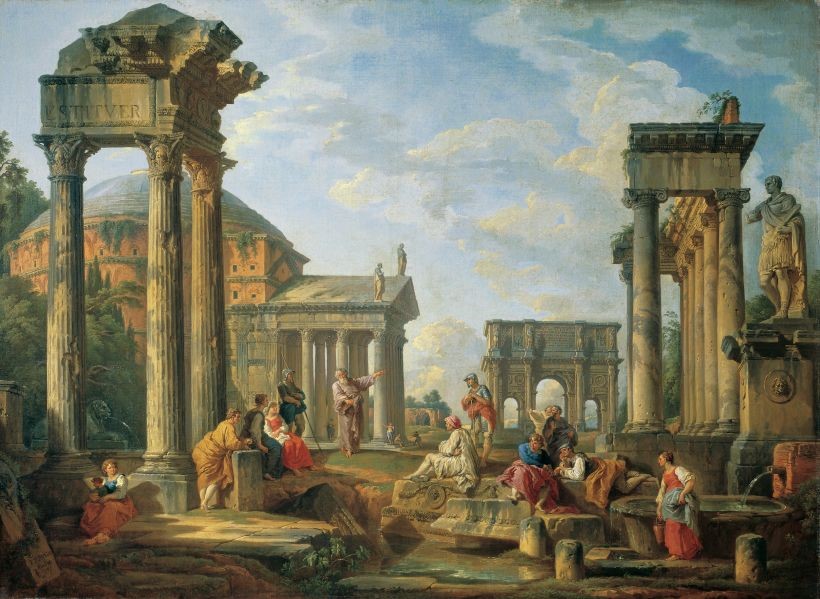This week, a potential new family at Fortis asked me about my journey toward classical Christian education. I explained that the first seed was planted as I looked at the writings of our forefathers. Through the language and content of their writings I realized they received an education that created a different moral character in them. They asked me about some of the books that led to that conclusion, and I have been thinking about it all week. I realized that one of the places that I noticed the difference was through reading commentaries that were written during previous generations. Let me give you some examples of the things that they would say from just the late 1800’s to early 1900’s:
“The greatest men have been those who have cut their way to success through difficulties. And such have been the greatest triumphs of art and science; such, too, of religion”[1]
“Patriotism is a goodly virtue, though not the noblest. To fence ourselves round with selfish interests is despicable. We envy not that man’s narrow soul who has no sympathy nor energy for his nation’s weal. The best Christian will take some interest in everything—in municipal matters, international treaties, literature, science, commerce, art. In the broadest sense, he is a citizen of the world. He lives to bless others. This is Christlike.”[2]
It is hard to not see the connection between their writings and the passion of classical Christian educators to reconnect with our educational heritage. As I pondered my journey that traveled through the writings of others, I realize that I was powerfully influenced by the wisdom and eloquence of the past. When we immerse ourselves in good literature, it paints a picture of a world before us that captures our imagination. We start to ask good questions and begin to wonder about the possibilities of influencing the world with the faith and values that influenced them. After all, they were the product and heirs of a great history of Western education. That is why an education that joins in the Great Conversation of Western civilization from a Christian worldview has won me over to Fortis Academy.
[1] J. Willcock, Luke, The Preacher’s Complete Homiletic Commentary (New York; London; Toronto: Funk & Wagnalls Company, 1892), 182.
[2] H. D. M. Spence-Jones, ed., Deuteronomy, The Pulpit Commentary (London; New York: Funk & Wagnalls Company, 1909), 12.


Comments